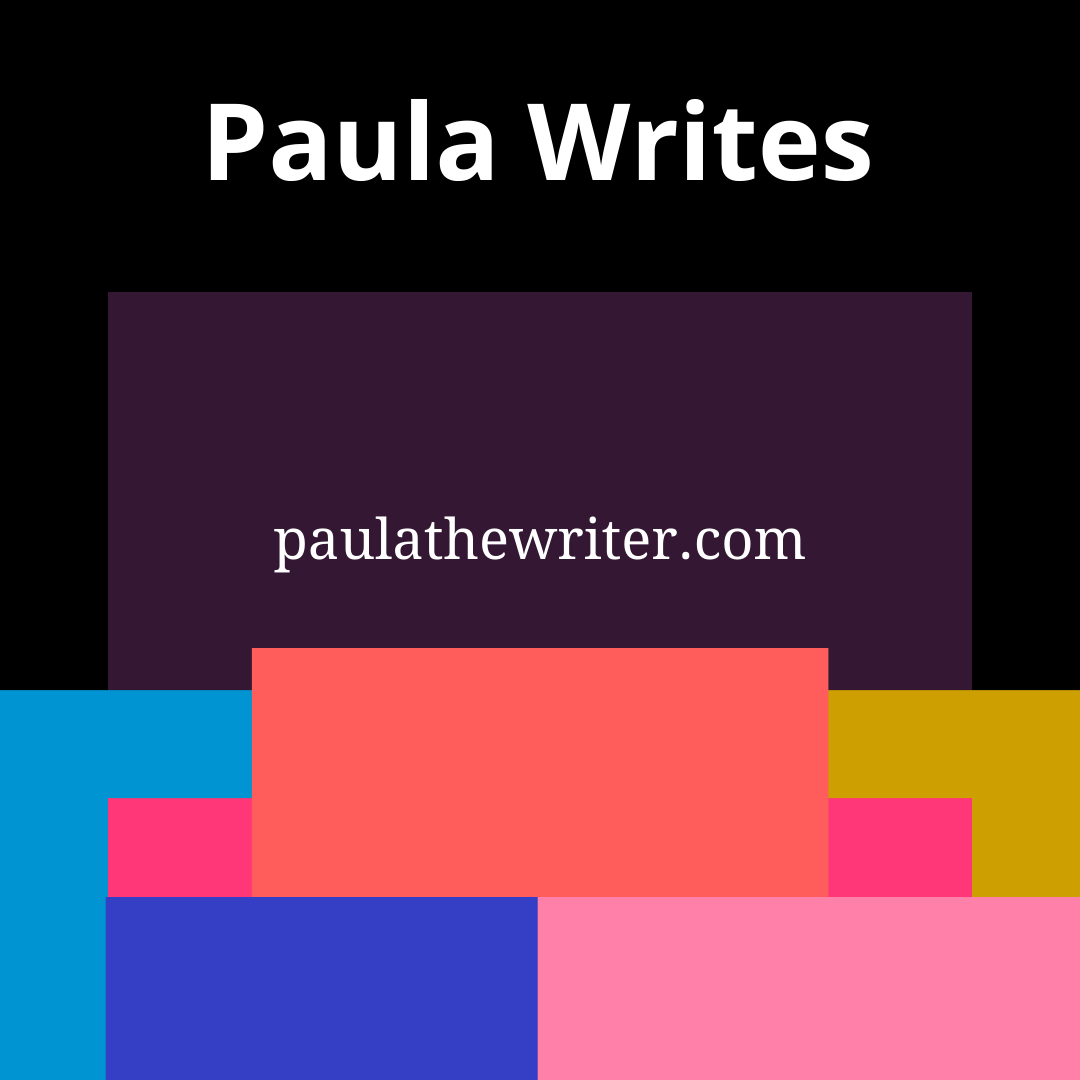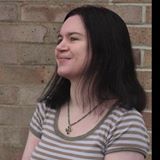
I love poetry. I don’t consistently produce new poems any more. It goes in phases.
But my passion for poetry never leaves me, and will always be an important aspect of my life and work, as a writer.
The focus upon precise use of language has definitely helped me to improve the quality of my prose – a welcome, beneficial side-effect of writing poems.
I was widely published in small press publications, and have also self-published several poetry collections.
Nowadays, I do sometimes share my work online, including via social media. A good place to start is Vibrant Darkness, my Facebook poetry page. Also, my Tumblr blog. I post flash fiction on Tumblr, too.
The aim of this post is to share a few tips to help you get started.
Read poetry: That’s my first piece of advice.
It does sound obvious, but so many people out there write poetry, having actually read very little themselves. Read – and re-read – a wide range of poems.
And ensure that you select at least some contemporary poetry, so that you won’t end up writing poems that sound like a bad attempt to imitate Shakespeare. Not good.
There’s so much poetry online that you might not know where to begin, so I would recommend starting out with your local library. I might be old-fashioned, but I don’t think you can beat the experience of reading poetry in a physical book. It’s somehow a much more intimate experience.
Experiment with different forms.
Is rhyme or free verse better? In my opinion, they’re both awesome – and the ideal is to at least try your hand at both.
It’s beneficial to explore specific types of poetry, such as the sonnet, villanelle, kyrielle, and haiku forms. Providing information about these is beyond the scope of this post, but I do encourage you to learn about any or all of these forms, if you think they might be of interest.
I highly recommend Sophie Hannah’s excellent collections, published through Carcanet. I personally learnt so much from reading her poems.
If you do write rhyming poetry, avoid “obvious rhymes”, such as “moon/June”, or “love/glove”, which have been ridiculously overused.
Yes, Madonna got away with using the latter in “True Blue”, but Madonna is Madonna. Also, pop songs aren’t poems, and have different requirements.
If you’re stuck for a specific rhyme, try making alphabetical lists of all possible rhymes for a particular end sound. That method has often solved the problem for me.
Of course, your “why” is important.
You should consider your reason for writing poetry, in the first place.
If you’re writing for therapy, for example, you may or may not intend to share your poetry. With survivors’ poetry, it’s more important to simply get started, and to work through the issues. Whether or not your poetry is technically great, will be of less importance than whether you’re able to express the emotions that you’re trying to process.
Ultimately, my advice for anyone, hoping to get started with poetry is to do just that: Make a start.
It’s possible that your poems will benefit from revisions, at a later stage. I would say that, initially, you do just need to begin. Don’t be afraid to “write rubbish”. Just keep writing and reading poetry. Over time, you will learn the skills and techniques that will help you to improve, and take your work to the next level. Write. Keep writing. And write from the heart. Oh, and enjoy it.
If you enjoyed this post, I would recommend reading my posts about the relevance of modern poetry, the blending of fact and fiction in poetry, and writing character poems.
And, if you’re looking for inspirational quotes about poetry, I have a post devoted to sharing some of my personal favourites.
My recent poetry publication, Vibrant Carousel, may be of interest.







Reblogged this on .
LikeLiked by 1 person
Thank you. 😃💝
LikeLike
Great advice 👍keep it up 👍
LikeLiked by 1 person
Thank you.
LikeLike
4 Pingbacks